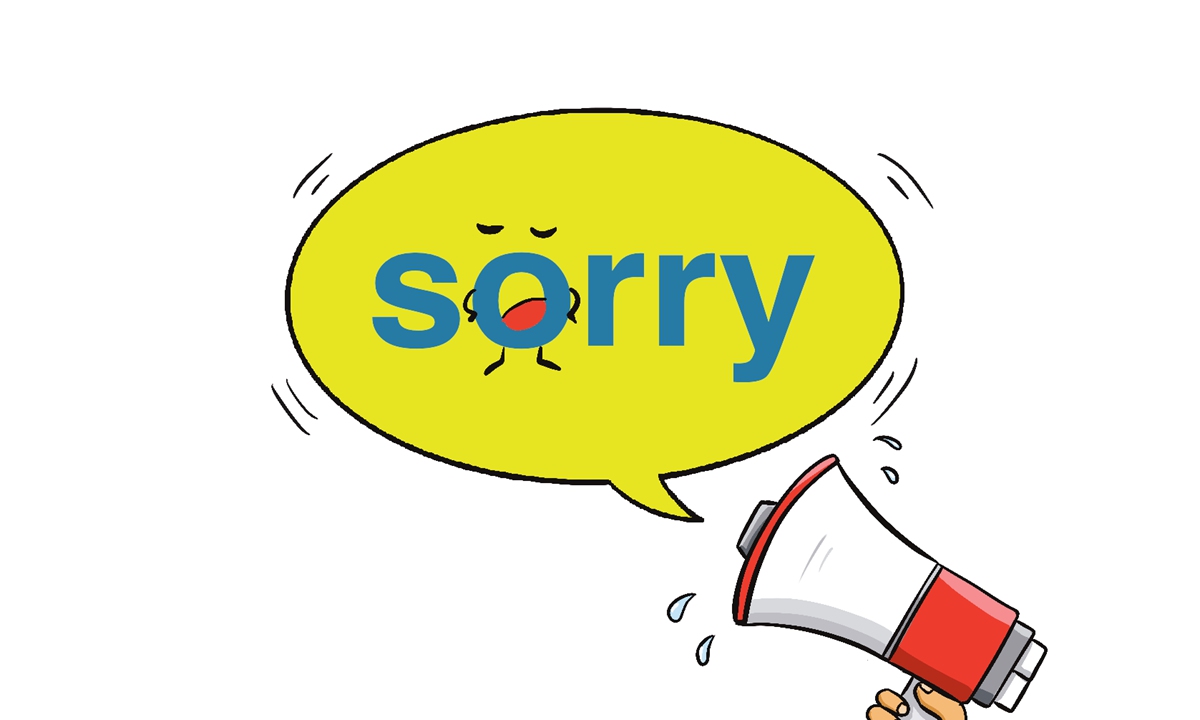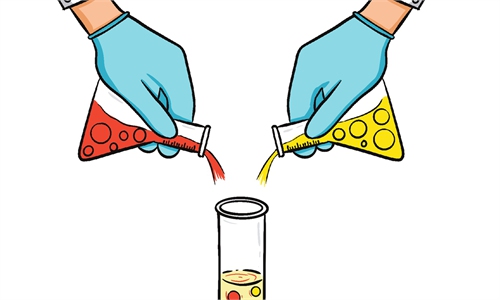Chat attack
forgiveness/ 原谅/ (yuán liànɡ)
A: Have you seen the trending list on Sina Weibo recently? Have you heard of China's Big Eight Forgiveness?
你看最近微博热搜了吗?你知道什么是中国八大原谅吗?
(nǐkàn zuìjìn wēibó rèsōu le ma? nǐ zhīdào shenme shì zhōnɡɡuó bādà yuánliànɡ ma?)
B: Nope, tell me about it.
不知道呢,你跟我说说啊。
(bù zhīdào ne, nǐɡēn wǒ shuōshuō ā.)
A: In China, people like to say things like "since we're here," "give me some face," and "It's the New Year" at the beginning of a sentence when trying to persuade someone or earn their forgiveness.
在中国,人们喜欢把类似, 来都来了, 给个面子,大过年的, 此类的话加在一个句子的前面,尝试去劝说他人,得到别人的原谅。
(zài zhōnɡɡuó, rénmén xǐhuān bǎ lèisì, láidōuláile, ɡěiɡèmiànzǐ, dàɡuòniánde, cǐlèi de huà jiāzài yīɡè jùzǐ de qiánmiàn, chánɡshì qù quànshuō tārén, dédào biérén de yuánliànɡ.)
B: Really? Can you give me an example? It sounds like this is really useful.
是吗?能举个例子吗?感觉很实用。
(shìma? nénɡ jǔɡè lìzǐma?ɡǎnjué hěn shíyònɡ.)
A: For example, if a child breaks a bowl at the table during Chinese New Year and his mother harshly scolds him, a person nearby will say "it's the New Year, forget about it." The meaning behind it is to have her forgive the child.
比如说,一个孩子在过年的饭桌上把碗摔碎了,他的妈妈狠狠的教训他,然后旁边有人说"大过年的,算了"。言下之意就是,原谅孩子吧。
(bǐrú shuō, yīɡè háizǐ zài ɡuònián de fànzhuō shànɡ bǎ wǎn shuāisuì le, tāde māmā hěnhěnde jiàoxùn tā, ránhòu pánɡbiān yǒu rén shuō "dàɡuòniánde,suànle".yánxiàzhīyì jiùshì, yuánliànɡ háizǐ bā.)

forgiveness/ 原谅/ (yuán liànɡ)
A: Have you seen the trending list on Sina Weibo recently? Have you heard of China's Big Eight Forgiveness?
你看最近微博热搜了吗?你知道什么是中国八大原谅吗?
(nǐkàn zuìjìn wēibó rèsōu le ma? nǐ zhīdào shenme shì zhōnɡɡuó bādà yuánliànɡ ma?)
B: Nope, tell me about it.
不知道呢,你跟我说说啊。
(bù zhīdào ne, nǐɡēn wǒ shuōshuō ā.)
A: In China, people like to say things like "since we're here," "give me some face," and "It's the New Year" at the beginning of a sentence when trying to persuade someone or earn their forgiveness.
在中国,人们喜欢把类似, 来都来了, 给个面子,大过年的, 此类的话加在一个句子的前面,尝试去劝说他人,得到别人的原谅。
(zài zhōnɡɡuó, rénmén xǐhuān bǎ lèisì, láidōuláile, ɡěiɡèmiànzǐ, dàɡuòniánde, cǐlèi de huà jiāzài yīɡè jùzǐ de qiánmiàn, chánɡshì qù quànshuō tārén, dédào biérén de yuánliànɡ.)
B: Really? Can you give me an example? It sounds like this is really useful.
是吗?能举个例子吗?感觉很实用。
(shìma? nénɡ jǔɡè lìzǐma?ɡǎnjué hěn shíyònɡ.)
A: For example, if a child breaks a bowl at the table during Chinese New Year and his mother harshly scolds him, a person nearby will say "it's the New Year, forget about it." The meaning behind it is to have her forgive the child.
比如说,一个孩子在过年的饭桌上把碗摔碎了,他的妈妈狠狠的教训他,然后旁边有人说"大过年的,算了"。言下之意就是,原谅孩子吧。
(bǐrú shuō, yīɡè háizǐ zài ɡuònián de fànzhuō shànɡ bǎ wǎn shuāisuì le, tāde māmā hěnhěnde jiàoxùn tā, ránhòu pánɡbiān yǒu rén shuō "dàɡuòniánde,suànle".yánxiàzhīyì jiùshì, yuánliànɡ háizǐ bā.)

Illustration: Liu Xidan/GT



